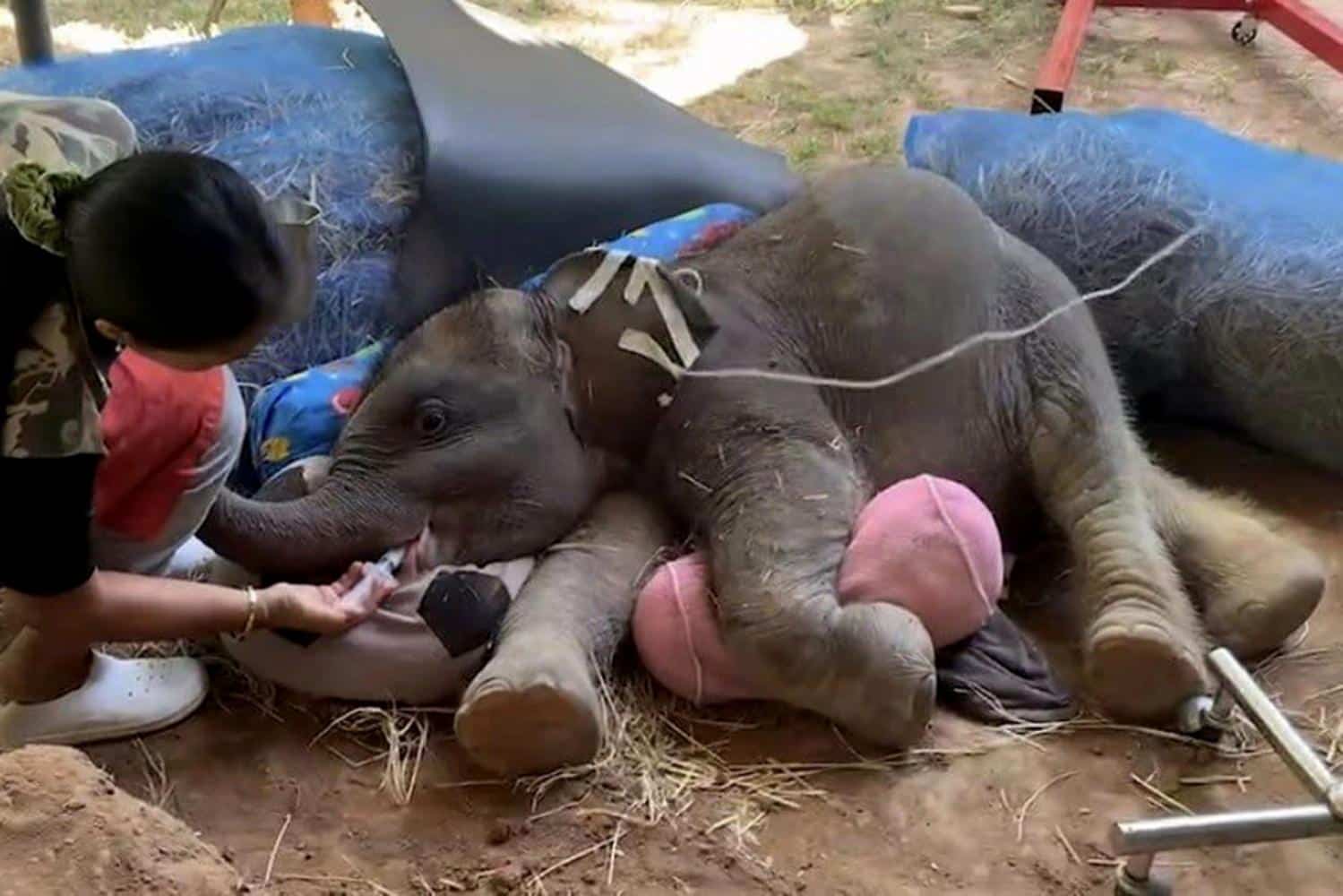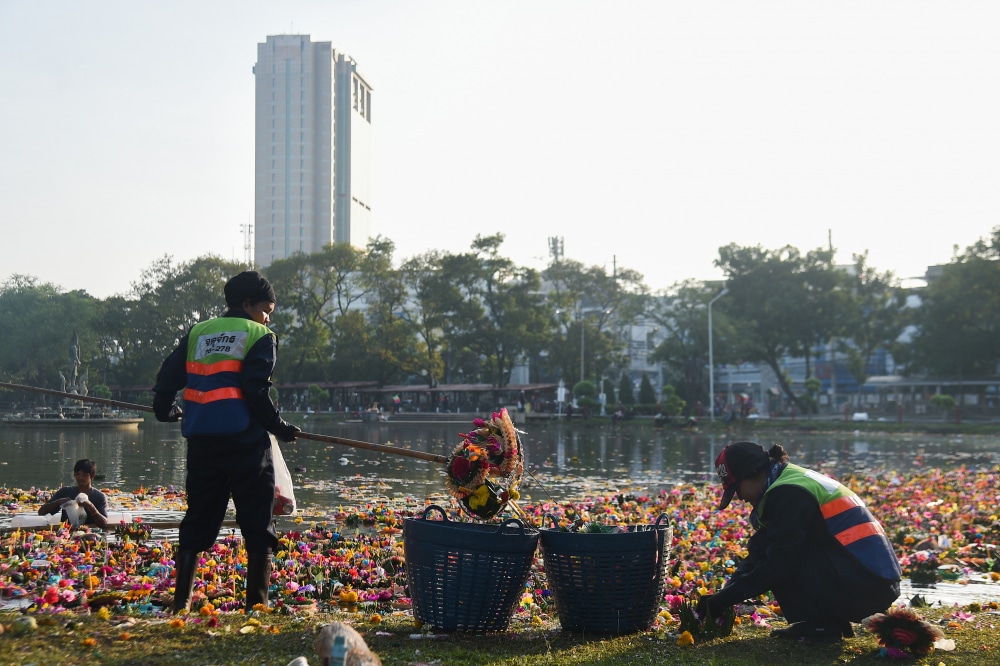In the lush and sprawling Khao Soi Dao forest nestled in the heart of Chanthaburi province, a young and spirited wild elephant by the name of “Tula” embarked on an unexpected journey of being lost.
The tale of Tula began back in October of 2022, when vigilant rangers stumbled upon the bewildered pachyderm and took it upon themselves to provide the care and protection that fate had denied him.
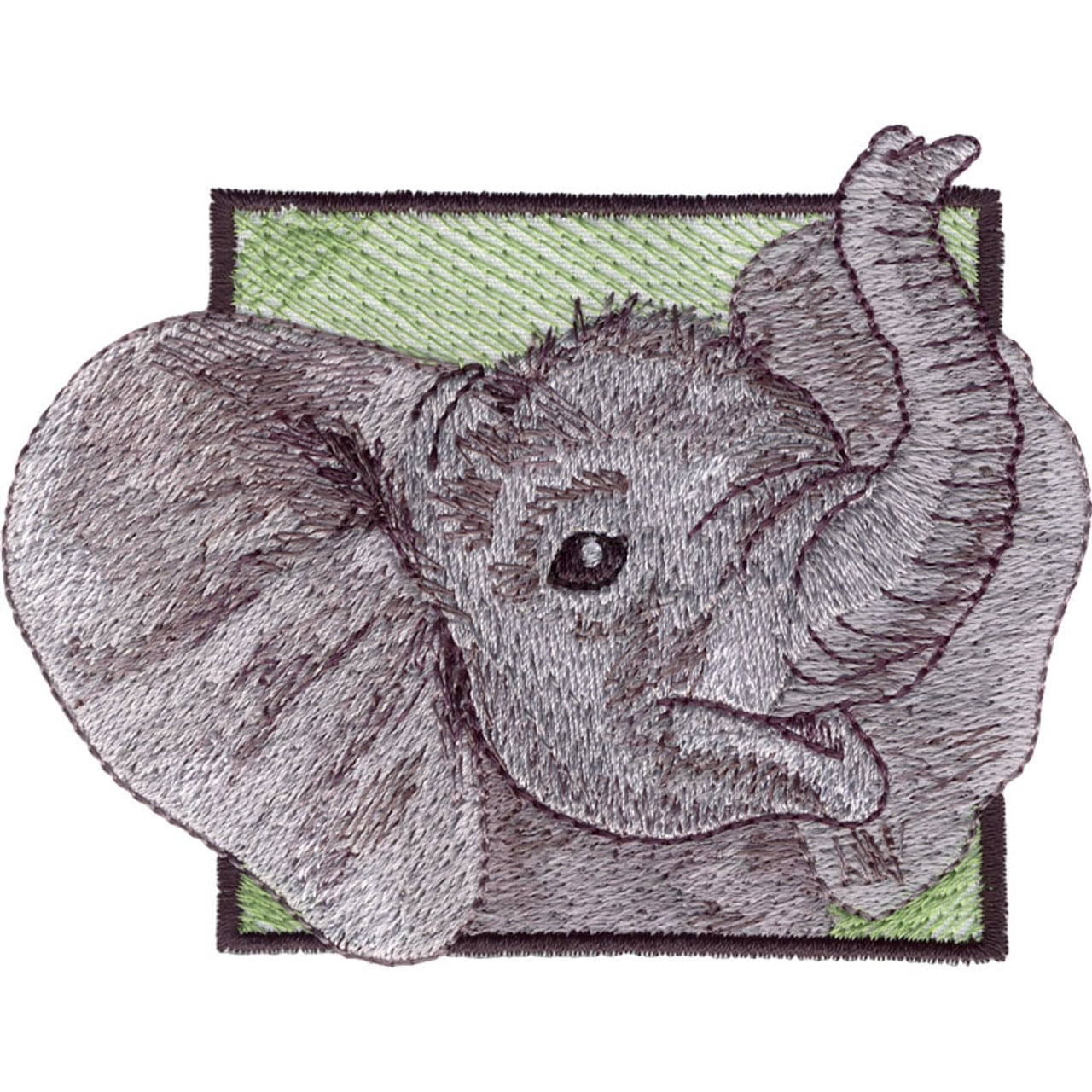
Tula’s personality proved to be a beacon of light even in the densest of forests, as his gentle and affable nature drew people towards him like a magnet. His joyous interactions with humans were a testament to the resilience and curiosity that thrived within him. His very presence was a reminder of the incredible bond that can form between humans and the natural world.
Yet, as life’s cruel twists sometimes unfold, the story of Tula took a heart-wrenching turn. On the somber day of August 13, at the Wildlife Rescue Center No.2 (Krabokkoo) located in Chachoengsao province, Tula’s journey tragically came to an end.
He was not even a year old, and his departure left a void in the hearts of those who had grown fond of him, especially his online followers who had been captivated by his endearing charm and innocence.
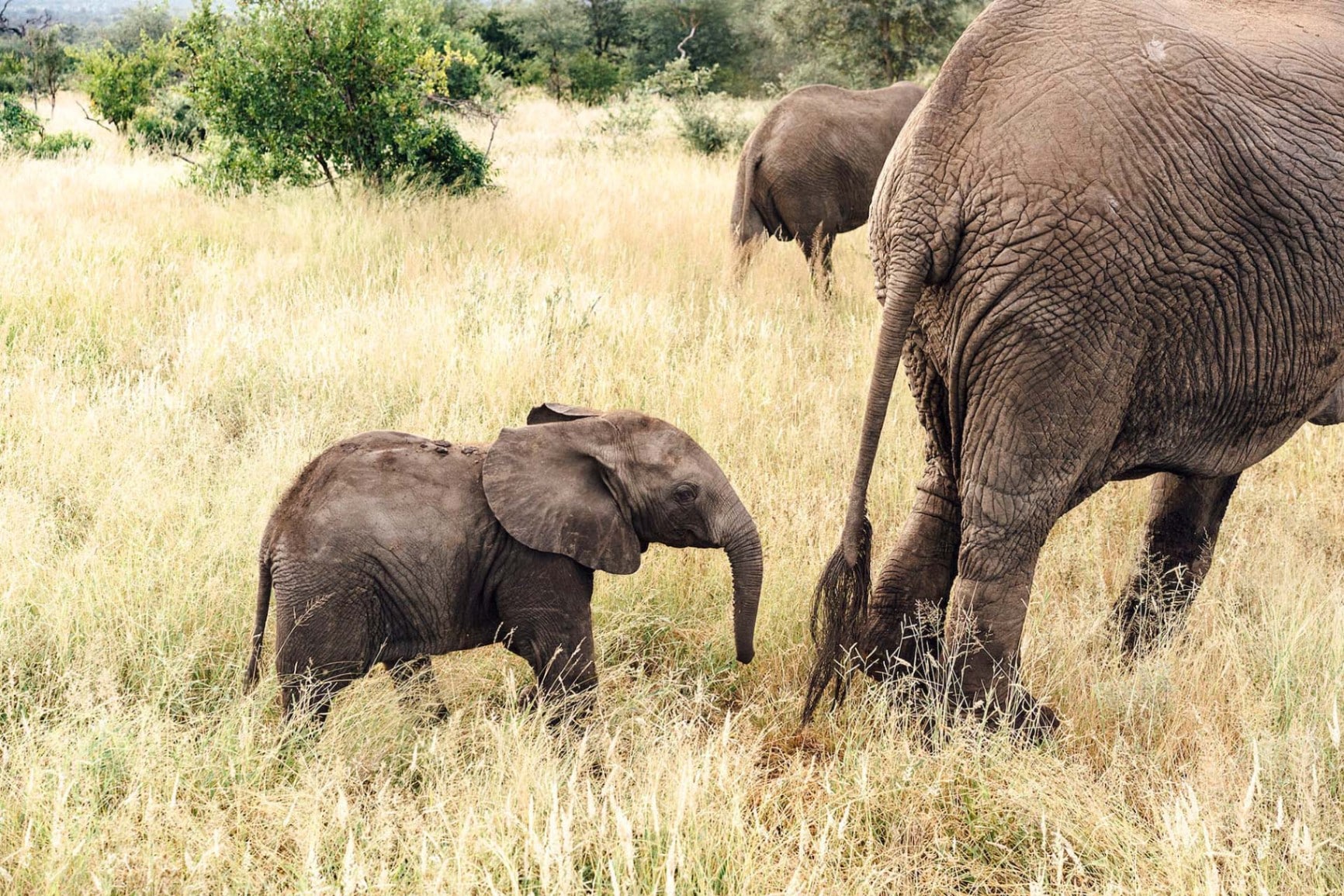
Attapol Jaroenchansa, the deputy director general of the Department of National Parks, Wildlife and Plant Conservation, conveyed the details surrounding Tula’s untimely demise through a statement issued on August 14.
The statement revealed that Tula had been grappling with a relentless adversary known as metabolic bone disease. Through the diligent efforts of skilled veterinarians, who tirelessly treated and monitored his condition, a valiant attempt was made to battle this insidious foe.
As July drew to a close, a new chapter of adversity emerged in Tula’s life. He steadfastly refused to rest, and this refusal metamorphosed into discomfort that manifested as painful inflammation in his front legs. The situation escalated further, as an unusual gait emerged in his right hind leg, causing additional distress and even resulting in sores in his mouth due to the undue weight he was bearing.
The combined expertise of multiple veterinary teams, ranging from the Department of National Parks to the Zoological Park Organization and the Royal Forest Department, was brought to bear on Tula’s escalating health crisis. The goal was to alleviate the pain and inflammation that had ensnared him, but despite their collective efforts, Tula’s condition spiraled downward.
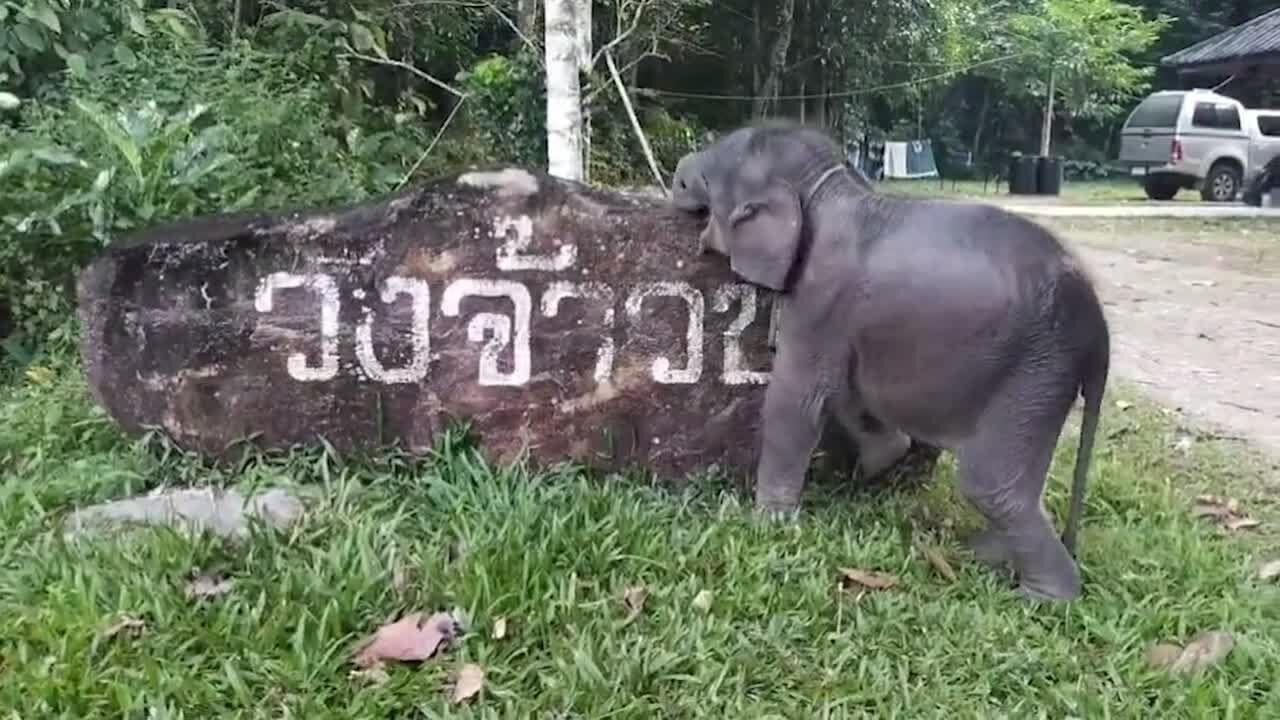
It was the fateful evening of August 13, as the sun dipped below the horizon, that Tula’s breath grew shallower, and his once-vibrant heart ceased to beat. In a last-ditch effort to defy the inevitable, veterinarians administered cardiopulmonary resuscitation (CPR), but the universe had its own plans.
The cause of Tula’s untimely departure was revealed to be severe fractures in both of his humerus bones, a shocking outcome that sent shockwaves through the hearts of all who had come to love him.
Throughout his brief yet impactful existence, Tula’s health had been an unwavering focus for the dedicated veterinarians who labored tirelessly to restore him to full vigor.
His name, “Tula,” harkened to the very month that fate intervened and brought him into the realm of human care, as officers from the Royal Thai Paramilitary Force Camp in the Khao Soi Dao forest region took on the role of his saviors. Abandoned by his mother and wandering into the camp, Tula’s journey had taken an unexpected but providential twist.
The months that followed saw Tula’s story intertwined with that of four nurturing elephants at the Nong Nooch Botanical Garden in Chonburi Province. Their provision of nourishing elephant milk played a pivotal role in Tula’s robust health and his exuberant temperament. This nurturing environment fostered his growth and spirit, turning him into an embodiment of resilience and joy that resonated with those who had the privilege of knowing him.






